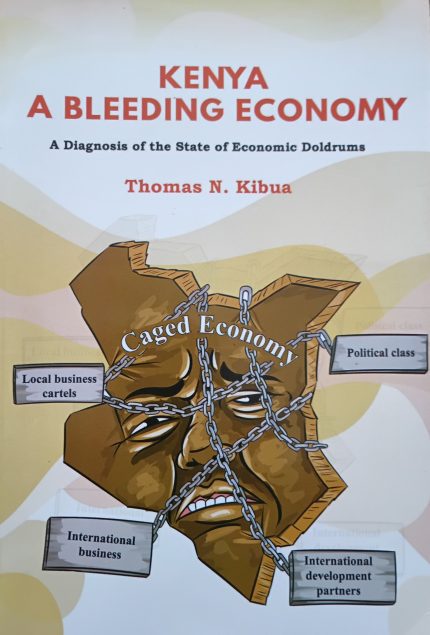

QUICK DELIVERY
Swift dispatch
ONLINE PAYMENT
Multiple options
EXPERT SUPPORT
Help when you need it
WIDE VARIETY
Thousands of books
GLOBAL SHIPPING
Worldwide delivery
0794 233 261




KShs1,400.00
DIFFERENT BUT THE SAME is a book that will help children from around the world learn and appreciate incredible diversity, self love and tolerance.
The message of the book is to help provide children with the support and confidence to be happy with themselves and within their own skin, regardless of their race, ethnicity, nationality, religion, disability etc. The book also gives a message that the most important thing is to love ourselves and that’s when we can be happy.
It’s a book that builds confidence in children and encouraging them to be proud of themselves and that we are all different and unique in different ways but at the same time equal.


Swift dispatch
Multiple options
Help when you need it
Thousands of books
Worldwide delivery
No account yet?
Create an Account
Reviews
Clear filtersThere are no reviews yet.